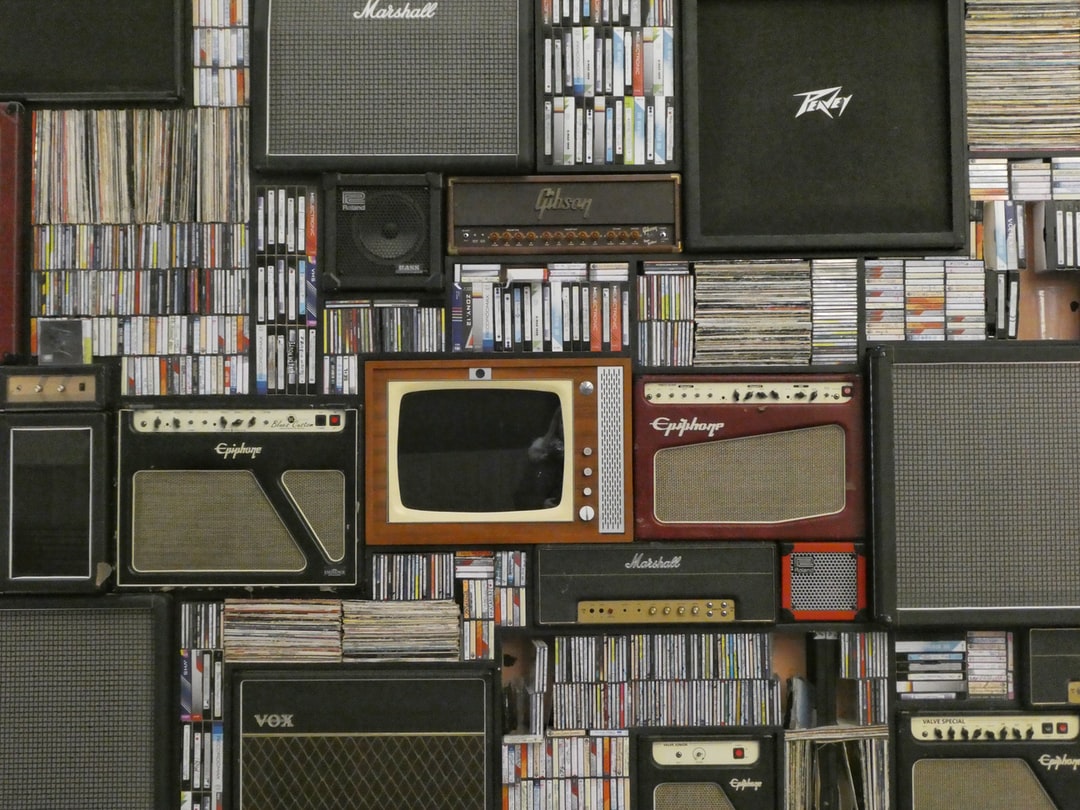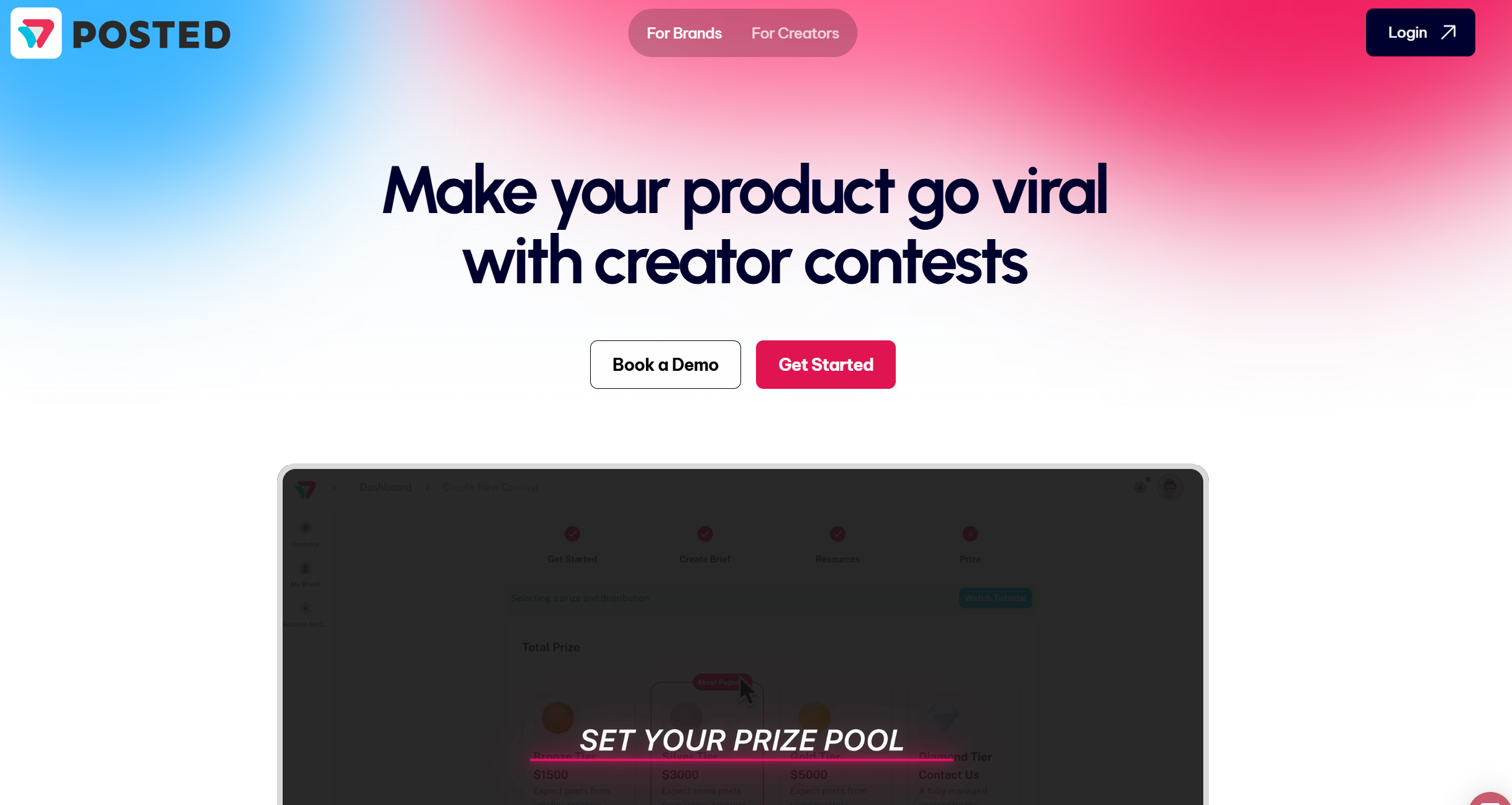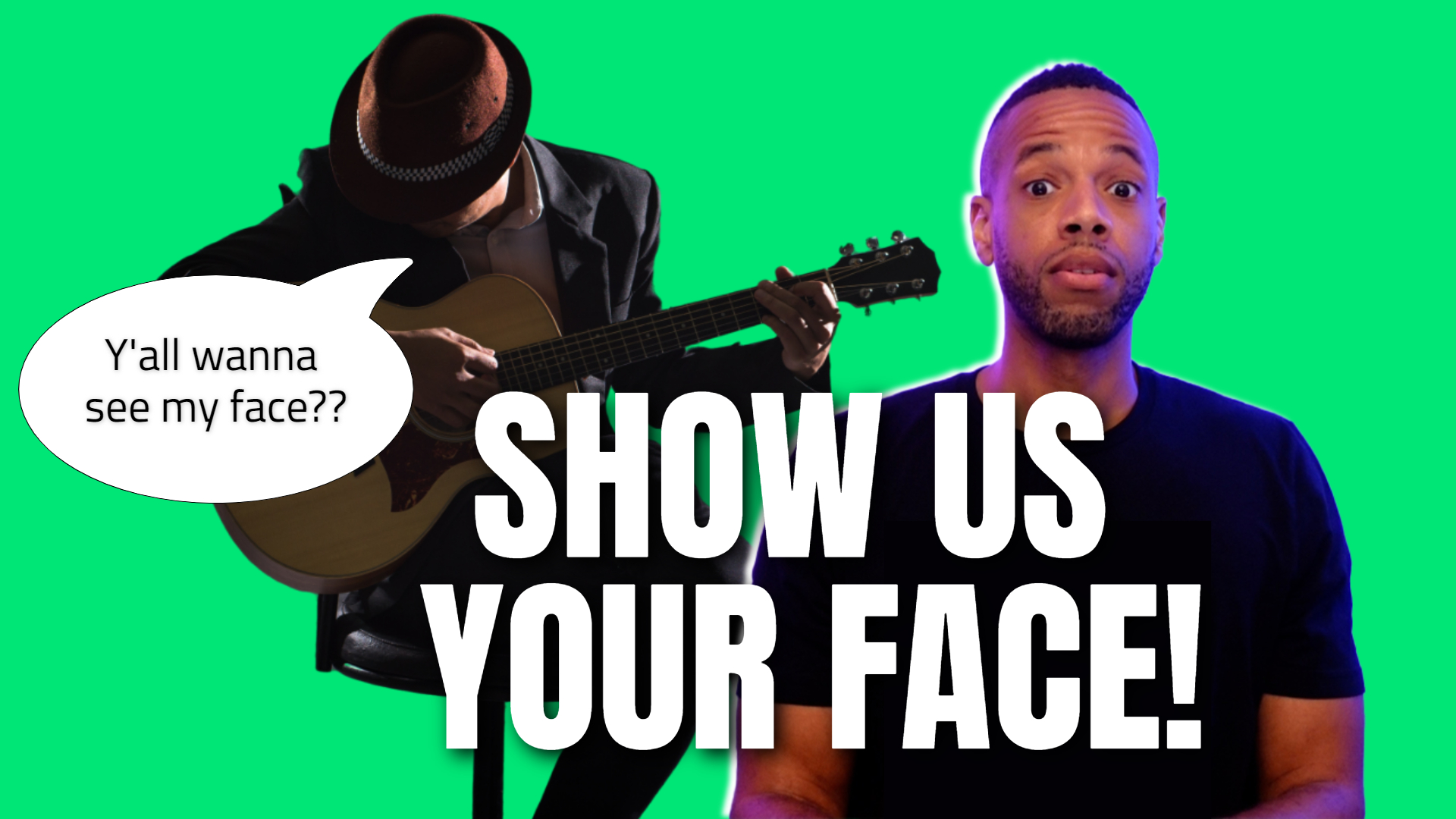Public Performance Licensing 101: Learn In 5 Minutes

*This article may contain links to affiliate products & services. We have reviewed these services to try and ensure the highest quality recommendations*
Written by Ramsey Brown.
If you have ever been out to a restaurant, been shopping at a store, or have been anywhere in the general public and heard music being played — typically the business or entity must be granted specific permission in order to play that music… legally. This permission to play music in public is what is called a public performance license.
Although the name of the license literally has public performance in the title, it has no relation to an actual live performance of the music by a musician. Rather, public performance relates to any song, recording, or musical work being played in a public setting. According to The Copyright Act, a public performance roughly means that the work has been communicated beyond the home, and beyond one’s immediate circle of family and friends.
Most people would never stop to think about the rules and regulations regarding the music that they hear out in public spaces but to those of us in the music business, we understand the great importance of these specific licenses. And if you don’t understand or know anything about music licensing, you will find out everything you need to know after reading this article.
Music licenses are essentially a way to protect musicians and the use of their copyrighted work. Specifically speaking, public performance licenses are a way to protect an artist from their music being played in public areas. You may be thinking, “why is this necessary… don’t artists want their music shared with the public?”
Well, yes most artists do. However, without this particular license in place, the artist would be receiving no credit for their work and would be receiving no royalty payments that are deserved. If you are an artist, you know the importance of getting credit where your credit is due. You also understand how difficult it is to make money as a musician and how little the royalty percentages are that you actually get paid out. So of course, every little bit helps.
Aside from just the artist's point of view, public performance licenses are even more important for businesses and business owners. Technically by law, a business cannot open their doors and play music if they have not obtained the proper public performance license first. So, if you are a business owner and are not sure if you have the proper license or not, you should definitely continue reading this article.
All of this information may seem a little overwhelming and because music licensing isn’t the most sexy subject to discuss, it’s often not discussed at all. But fear not! We are going to break down the basics of public performance licenses and explain everything you need to know about them, without being a music business wiz. After reading this article, every question you have about performance licenses will be answered in under 5 minutes. Take note!
Public Performance Licensing 101
Although we briefly explained what a public performance license is and the basic protection and permission it grants above, let's dive even deeper into this subject to give you a better and complete understanding of how exactly it works:
What is a Public Performance License?
A public performance license is an agreement between a music user (business) and the owner of a copyrighted composition or song (musician) that grants permission to play the song in public, online, or on radio. This permission is also called public performance rights, performance rights, and performing rights. This right was designed to enable and encourage music creators to receive compensation for the music they create.
As further explained on the ASCAP website, “A public performance is one that occurs either in a public place or any place where people gather (other than a small circle of a family or its social acquaintances). A public performance is also one that is transmitted to the public; for example, radio or television broadcasts, music-on-hold, cable television, and by the internet.”
Who Needs a Public Performance License?
Businesses or entities such as clubs, restaurants, venues, stores, or any other public place who plays music for the public to hear will be required to get a public performance license. The license is typically handled and obtained by the business owner or whoever is in charge of running the establishment.
A public performance also occurs when music is transmitted to the public, via radio, TV broadcasts, digital service providers, and any other means. So, certain digital platforms and radio stations are required to have a license as well.
A public performance license is required no matter how small a portion of the song you use. If you are an artist performing or playing your own music, this is an exception where a public performance license is not required. You don't need a public performance license for songs that you wrote yourself or songs that are in the public domain.
How Do I Get a Public Performance License?
Business owners in the United States should contact the three Performing Rights Organizations (PROs) that handle all public performance licensing in the United States, to inquire about obtaining public performance licenses.
The PROs or right agencies (ASCAP, BMI, and SESAC) handle all public performance licensing in the United States. To inquire about obtaining a public performance license, business owners and entities should contact these three organizations.
Each PRO controls a different catalog of songs, so it’s essential to contact all three of these agencies to ensure you are steering clear from trouble in the future. You can find the contact information on all three of their websites along with a further explanation on how to actually obtain one.
How Much Does a Public Performance License Cost?
Public performance license fees for each PRO vary and are based on different factors including the type of business, venue capacity, business hours, method of music transmission, and number of live performances. On average, the annual license fee can range from $300 to $500 for a small business. For very large establishments, these fees can be as much as $9,000 per location per year. Furthermore, if you are interested in playing music from multiple PROs, you will have to negotiate public performance licenses with each PRO separately.
Typically, public performances related to educational activities, nonprofits, and worship services (that aren’t being broadcasted) are exempt from licensing requirements. Also, public performance license fees do not apply if the business is playing music from a radio or television broadcast. However, this is subject to certain venue sizes, music player restrictions, and if there are any fees being charged to the customers.
If you are still in question on whether or not you fall in or out of one of these categories, play it safe and contact each of the three PROs mentioned above.
What Happens if I Don’t Get a License?
Performing rights organizations are responsible for collecting performing rights royalties on behalf of copyright holders of musical works AKA on behalf of the musicians. Therefore, all three organizations actively seek out to target businesses for unauthorized public performance of copyrighted music.
If your business doesn’t have it’s required license, this legally means you are committing copyright infringement and are subject to penalty. Every situation of infringement is different and we are not here to give you legal or business advice. However, if you are caught on this violation, do expect some unfavorable results.
Whether it be fines to pay, bad press, or legal action taken against you such as being sued — there is a much greater cost to you and your business in the long run that the yearly cost of licensing fees. Will you get caught? Maybe or maybe not, but it is always safer and smarter to do the right thing and avoid any bigger trouble in the future.
When your song is ready to go, it's time to start promoting it to potential fans! Omari has the best organic promotion services money can buy. With packages for Spotify, TikTok, Instagram, and YouTube, we will get your music the traffic and attention it deserves! Click below for more information.
SPEAK YOUR MIND
How This INDIE Artist Got Over 67,598,275 Streams On ONE Song
Join the No-Nonsense Music Marketing Newsletter to get the most valuable weekly case studies and strategies to grow your music business!




